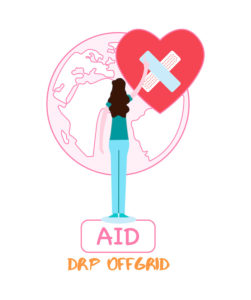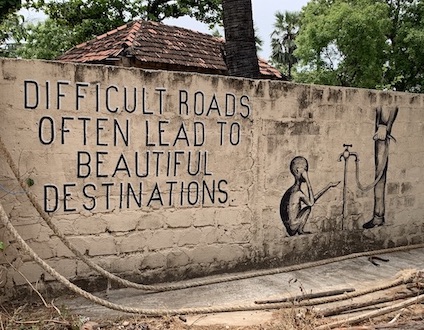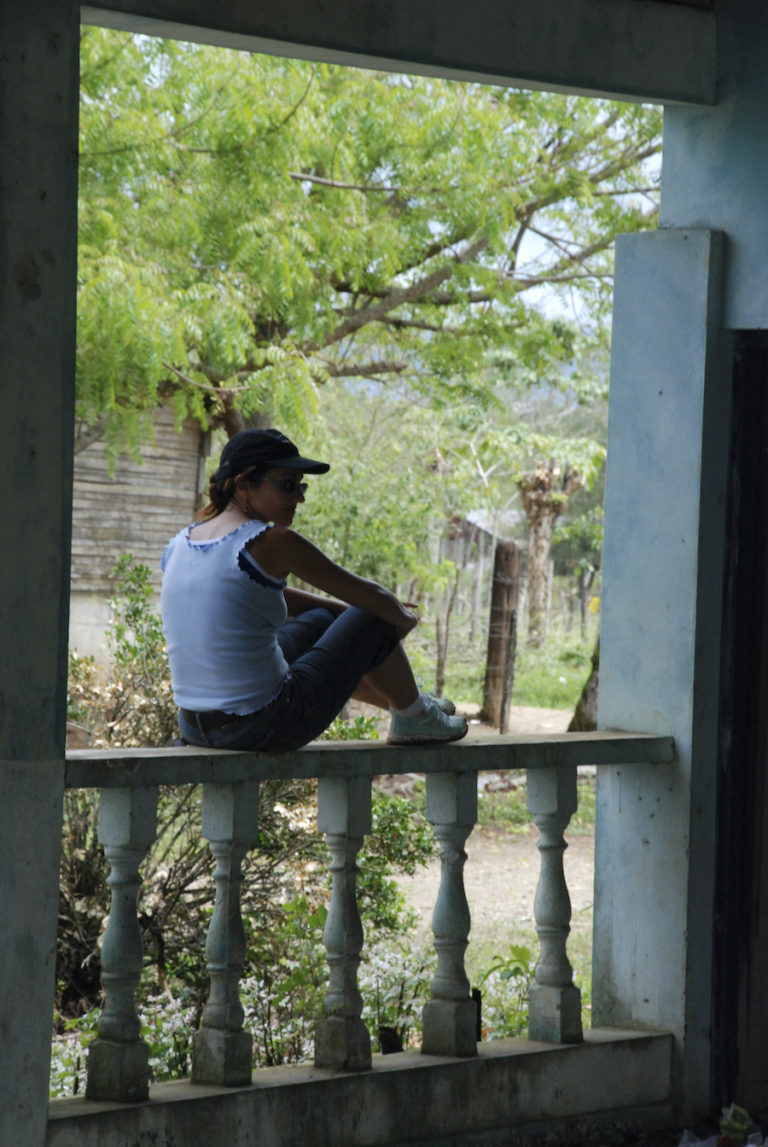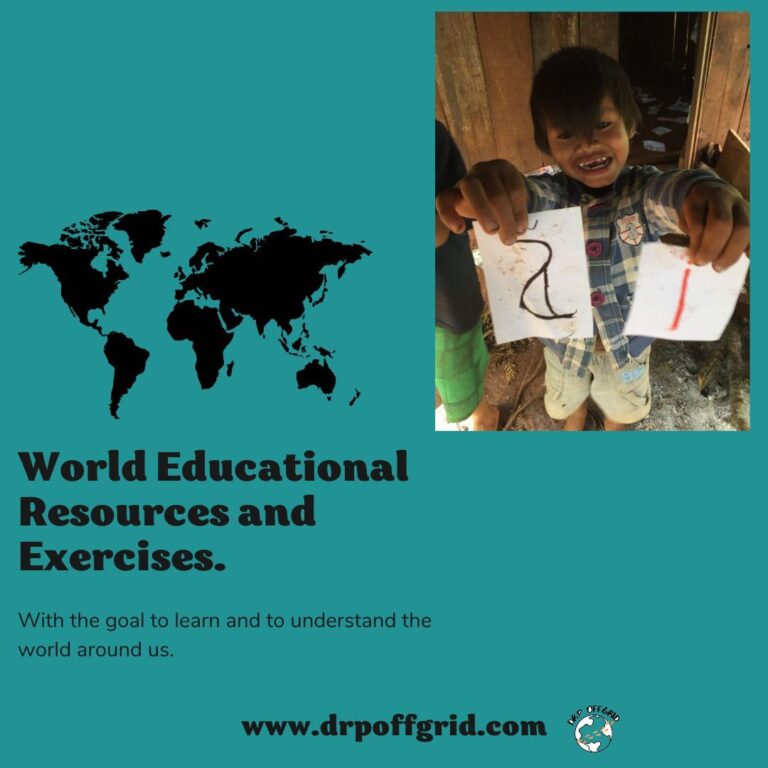Tenets are guidelines that help us navigate a situation in a more positive way, in this manner working with people who are more disadvantaged than us. Most of these people don’t have resources and have limited opportunities to learn.
1– Neutrality
Avoid taking sides. When you are working with volunteers and people from different walks of life, being neutral is a way to avoid any misunderstandings and arguments. We can experience circumstances without taking sides because we truly don’t know the “truth” of what is going on; we are not part of those circumstances. Many times I do take sides, but I keep it to myself :-))

2- Ethics
Ethical issues are at the core of why we work with the poor. Ethics is a fundamental aspect of distinguishing right from wrong and guides our behavior. What we consider to be right and ethical in our own lives should also apply when working with the poor. It is important to approach this work with genuine compassion and a heartfelt commitment, as that is where true ethics reside.
3- Research the place before you work
The place where you might be working/volunteering will be different from what you are used to with a different social, economic and physical environment. There will be some challenges that one needs to be prepared for before landing. Learning about the country, the people, and most importantly the organization/ people where you are volunteering will be a nice cushion for your experience. It is alarming the number of people I see on different sites asking about a place where they just “land.” Don’t be a “lander” (I made up this word years ago after encountering so many who don’t stop asking questions…do your research people!!) be a conscientious traveler.
4- Remember you are an equal

Remember that you are playing a big role in showing equality by your example. Avoid gestures or comments that might give the feeling that the work might not be up to your standards. Do not wear gloves (I have seen volunteer faculty wearing gloves to do volunteer work because of a “nail” issue) or cough or make strange gestures and faces when you see things you don’t like. If you have to cover yourself because dust is bad for you and/or mud is too much for you, make sure that you do it in a way that is not going to cause great attention. You can “take advantage” now that we have gotten used to facemasks and use one when you need to, but other than that, keep it to yourself. Do anything in your power to make sure folks know you are there for the right reasons, and that is because you are one just like them.
5- Avoid Money Exchanges
DO NOT GIVE MONEY. I can’t stress enough the importance of not giving money under any circumstances to any individual. Some people who work with you might ask for money just because, in some places, the concept of “helping” or “giving “is not a common element. You might be considered either “Mother Teresa” (with all my respect) or a bored rich bruh who wants to live in utopia and change the world. Giving away money does make people dependent on charity, it turns them into beggars (especially children), gives them the impression that you will be able to keep getting money to them forever. There is nothing wrong with wanting to help and give money to poor people. However, being in another country in a different context does not automatically give you information about if those funds are really needed and for what cause. If you have money, of course, give it to the charity/place you work at, and if you feel someone has a need, tell the person in charge about that and how you might want to help. In this way, funds go to the right people for the assistance they need.
6- Be Prepared
We all have expertise in some areas, we truly do! You might be asked to start a project with your skills, so update your skills before you travel. If you are going to teach your language, make sure to study and do research on what, who, when, where, and why you are teaching. Make sure you research your subject area. If you are a “lander,” you will be doing more harm than helping the host community.

7- Unpaid
A volunteer experience is not a paid experience. If you are getting paid, it has a different label. Volunteering means that you voluntarily give of yourself, and it does not involve any type of money exchange. If you are unclear, please check the official definitions on this site.
8- Don’t Impose your culture
Sometimes it is done deliberately, and other times without noticing. Imposing our ways of doing things and thinking that our ways are better than those of the host community is a no-no. As much as I have traveled, I have always learned that there is a better way of doing things! Yes, it is true that sometimes we might have some ways of doing things that are beneficial to the host community. However, the feeling or the way it is communicated is the key to success!
Working in challenging situations is not easy, and many times we are not completely ourselves. Difficult situations might bring anxiety and frustration. It is much easier to engage when we accept the situation and focus on the tasks. Take advantage of opportunities to engage with the host community and other volunteers whenever you can, and learn from the experience.
10- Sustain the experience
Don’t quit. Surely you work in some kind of team that puts their heart and soul into making something happen with you. Review the goals if needed and come to a common ground. Even if what you do is not sustainable over time, you can sustain the idea of volunteering and make a difference this time. It is hard to go back to being a “non-volunteer.”
11- Don’t Complain
This is a “biggie” because I have heard volunteers complaining over and over. It is either too hot, too crowded, too dusty, too loud, etc. The “too’s” of the lingo pull us apart instead of getting us together to get the job done. Negative self-talk out loud makes one unapproachable and unpleasant. Positivity helps one cope much easier with setbacks. In this case, “misery does not love company.”





